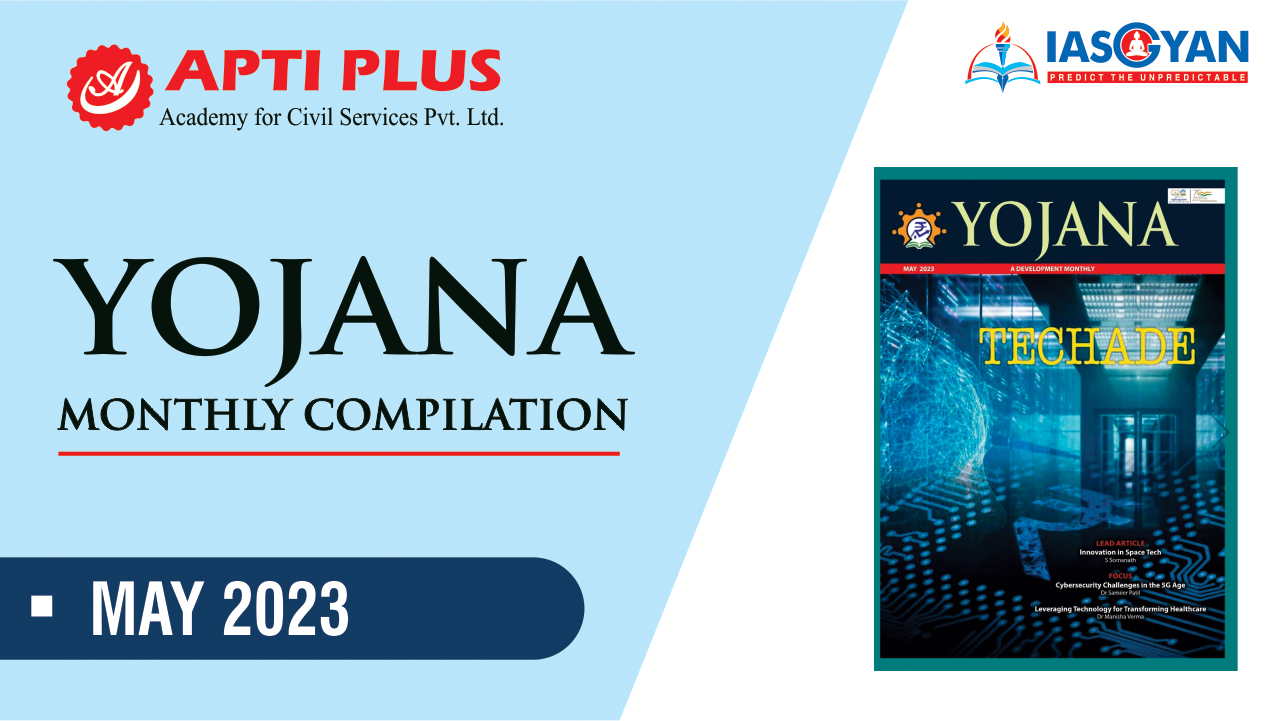Description
_Regulations,_2023.jpg)
Disclaimer: Copyright infringement not intended.
Context
- Union Minister of Education and Skill Development, released the UGC (Institutions Deemed to be Universities) Regulations, 2023.
- The University Grants Commission (Institutions Deemed to be Universities) Regulations, 2023 replaced the UGC (Institutions Deemed to be Universities) Regulations, 2019.
- The new regulations have been formulated in line with the National Education Policy (NEP) 2020.
Note: The first-ever ‘deemed to be’ regulations were notified in the year 2010, and were revised in 2016 and 2019. With the announcement of the NEP 2020, the UGC constituted an expert committee to review and revise the existing regulations.
University Grants Commission (UGC)
About
- University Grants Commission is a statutory body under the University Grants Commission Act, of 1956.
Charge
- UGC is charged with the task of coordinating and maintaining standards of higher education in India.
Mandate
- It provides recognition to universities and also allocates funds to universities and colleges.
Headquarters
- UGC headquarters are in New Delhi, and it also has 6 regional centres.
Grants to Universities
- All grants to universities and higher learning institutions are handled by the UGC.
National Institutional Ranking Framework under UGC
- In 2015-16, the Union government initiated a National Institutional Ranking Framework under UGC to rank all educational institutes.
UGC’s National Eligibility Test (NET)
- UGC also conducts the National Eligibility Test (NET) for the appointments of teachers in colleges and universities.
- M Jagadesh Kumar is the current chairman of the UGC.
Current Chairman
- M Jagadesh Kumar is the current chairman of the UGC.
.jpeg)
UGC (Institutions Deemed to be Universities) Regulations, 2023
- According to the regulations, the objectives of the ‘deemed to be universities’, among other things, include
- providing higher education leading to excellence in different branches of knowledge, primarily at undergraduate, post-graduate, and research degree levels, fully conforming to the concept of a university,
- strengthening the research ecosystem and
- to contribute for social transformation through socially responsive teaching, learning, research, and fieldwork.
Salient Features of The Regulations
Deemed to be University Status
- The eligibility criteria to apply for deemed to be university status is ----
- NAAC ‘A’ grade with at least a 3.01 CGPA for three consecutive cycles or
- National Board of Accreditation (NBA) accreditation for two third of eligible programs for three consecutive cycles or in the top 50 of any specific categories of NIRF for the last three years continuously or
- in the top 100 of overall National Institutional Ranking Framework Ranking for the last three years continuously.
- A cluster of institutions managed by more than one sponsoring body can also apply for deemed to be university status. Sponsoring bodies seeking deemed to be university status for their institutions may apply 'online'.
Introduction of new Programs
- Institution deemed to be Universities may start new courses or programs in any field in their existing campus and approved off-campus centres, with the prior approval of its Executive Council and, also wherever applicable, with the approval of the relevant statutory council
Off-campus centres
- Institutions deemed to be Universities with minimum ‘A’ grade and above or ranked from 1 to 100 in the "Universities" category of NIRF rankings of the relevant year are eligible to set up off-campus centres.
- Institutions declared as deemed to be Universities under a “distinct category” can apply for off-campuses after five years of their declaration if they are accredited with an A grade or figured in the top 100 in the “universities” category of NIRF.
Fee Concession and Scholarship
- The institution that is being granted the “ Deemed University” status may provide fee concession or scholarships or may allocate seats to meritorious students belonging to socially and economically deprived groups of the society,
Academic Bank of Credits (ABC)
- Institutions that are being granted the “Deemed University” status like other universities and colleges, will have to mandatorily create Academic Bank of Credits (ABC) identities of their students and upload their credit scores in digital lockers and ensure that the credit scores are reflected in the ABC portal and adopt the Samarth eGov suite.
Significance
- The regulations will facilitate the creation of much more quality-focused deemed-to-be universities in an objective and transparent manner.
- The new simplified guidelines will encourage universities to focus on quality and excellence, strengthen the research ecosystem and have a long-term impact in transforming our higher education landscape.
NATIONAL EDUCATION POLICY: https://www.iasgyan.in/blogs/national-education-policy-2020-14
|
PRACTICE QUESTION
Q. Consider the following statements in reference to University Grants Commission (Institutions Deemed to be Universities) Regulations, 2023.
1. The eligibility criteria to apply for deemed-to-be university status is NAAC ‘A’ grade with at least a 3.01 CGPA for three consecutive cycles.
2. Institutions that are being granted the “Deemed University” status like other universities and colleges, will have to mandatorily create Academic Bank of Credits (ABC) identities for their students.
Which of the above statements is/are true?
(a) Only 1
(b) Only 2
(c) Both 1 and 2
(d) Neither 1 nor 2
Correct Answer: (c) Both 1 and 2
|

https://epaper.thehindu.com/ccidist-ws/th/th_delhi/issues/38204/OPS/GPBBACI3I.1+GMIBADELK.1.html




_Regulations,_2023.jpg)
_Regulations,_2023.jpg)








